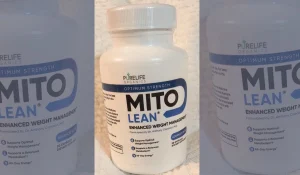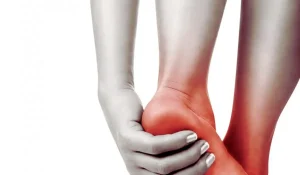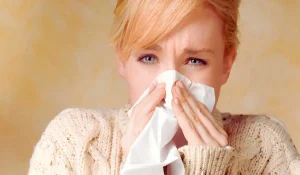Many men are quite concerned about the effects of caffeine on their testosterone levels. There seems to be no clarity on this subject, and the public mostly depends on unverified information they receive on social media for judgment.
As we know, coffee, one of the most popular beverages globally, contains a good amount of caffeine and offers excellent restorative effects when consumed at any time of the day.
Now the question arises: how much caffeine is deemed safe for daily usage, and does it lower testosterone levels? Well, we will discuss these concerns and more in the upcoming sections. So keep on reading.
What Are The Major Sources Of Caffeine?

As mentioned earlier, coffee is a rich source of caffeine, and you will find some soft drinks in the markets with loads of this compound inside their formulation. For the time being, we will concentrate more on coffee.
It is a favorite choice for many of us, as it offers steadiness and better mental focus. Drinking coffee can also boost metabolism and aid in weight management efforts. Having said that, caffeine, being a stimulant, can have some drastic effects on people who are allergic to it. Some common problems that you may encounter when consuming caffeine in excess are listed below.
- Leads to sleeplessness
- Causes indigestion
- Raises blood pressure
- Causes irritation
Relationship between caffeine intake and testosterone levels
It has been proven that caffeine does have some favorable effects on testosterone levels, though most people use it as a beverage for refreshment. Those men who take coffee have higher levels of testosterone than others; however, its effects were found to be temporary.
It shows that though caffeine does impact t-levels, unfortunately, we cannot expect it to provide sustainable benefits. As many experts pointed out, testosterone levels depend on several factors, and it takes a proper medical diagnosis to find the real reason behind its inadequacy.
If you could go through the ingredients list of any testosterone-boosting supplement, you would find caffeine as one of the active components. However, these additions are blended with other ingredients too, which works synergistically to provide the promised benefits.
The thing to note here is that you will receive the best results only if you work out and follow a healthy diet plan along with taking supplements.
How much caffeine should you take daily?
According to The European Food and Safety Authority (EFSA), every adult should take no more than 400 mg of coffee daily to be on the safer side. It should be remembered that coffee has a high caffeine content, and as mentioned earlier, an overdose can have bad consequences.
It is always better to maintain controlled consumption so that you can prevent the negative effects. Some experts believe that consuming caffeine acts differently for each person.
Their arguments seem to have substance, as it has been noted that those who take caffeine occasionally have more impact than those who take it daily. Also, it is better not to take caffeine at night, as it can interfere with your sleep pattern and cause disturbances.
What does scientific research tell us?
We have been talking about the correlation between caffeine and testosterone in the preceding sections. It’s now time to view scientific evidence that establishes a link between them. Interestingly, the results of the various studies conducted were not identical, as some found a relationship between caffeine and T-levels while others denounced any connection.
The National Institutes of Health (NIH) observes that a low dose of caffeine can positively impact testosterone, whereas high levels lead to an inverse association. In another report, the NIH admits that caffeine has the potential to benefit training outcomes via the anabolic effects of the improvement in testosterone concentration. However, it can also lead to catabolic effects due to the increase in cortisol and the resultant decline in t-levels, they further add.
In another study conducted by an expert medical team, a definite correlation was established. They argue that taking caffeine can improve metabolic rates and promote body mass index (BMI), both of which are conducive to boosting testosterone production in the body. It seems the crux of their argument relies on the indirect association between caffeine intake and testosterone levels, which does have a logical point.
Conclusion
We have been discussing caffeine and the role it plays in lowering testosterone levels. There have been counterarguments that we cannot ignore, given that they are made based on merit. We also briefly talked about the known sources of caffeine and focused on some scientific studies conducted by prominent health bodies on the subject.
References
- Ho HJ, Shirakawa H, Yoshida R, Ito A, Maeda M, Goto T, and Komai M. Geranylgeraniol enhances testosterone production via the cAMP/protein kinase A pathway in testis-derived I-10 tumor cells. Bioscience, biotechnology, and biochemistry. 2016;80(4):791–7. Epub 2016/01/14. doi: 10.1080/09168451.2015.1123612. PubMed PMID: 26757775.
https://pubmed.ncbi.nlm.nih.gov/26757775/ - Baillargeon J, Urban RJ, Zhang W, et al. (2019). Testosterone replacement therapy and hospitalization rates in men with COPD. Chron Respir Dis 16:1479972318793004. 10.1177/1479972318793004
https://journals.sagepub.com/doi/10.1177/1479972318793004






